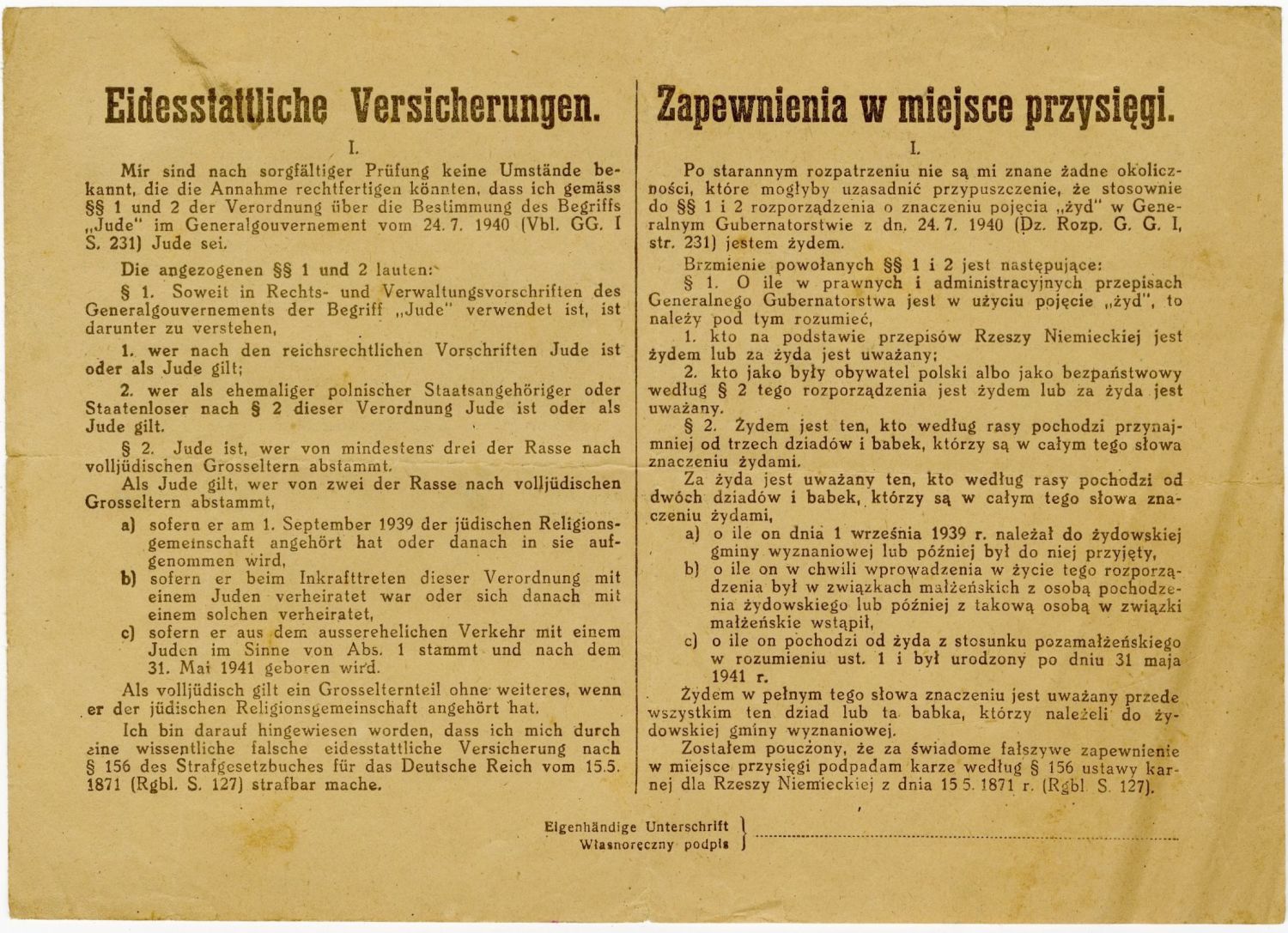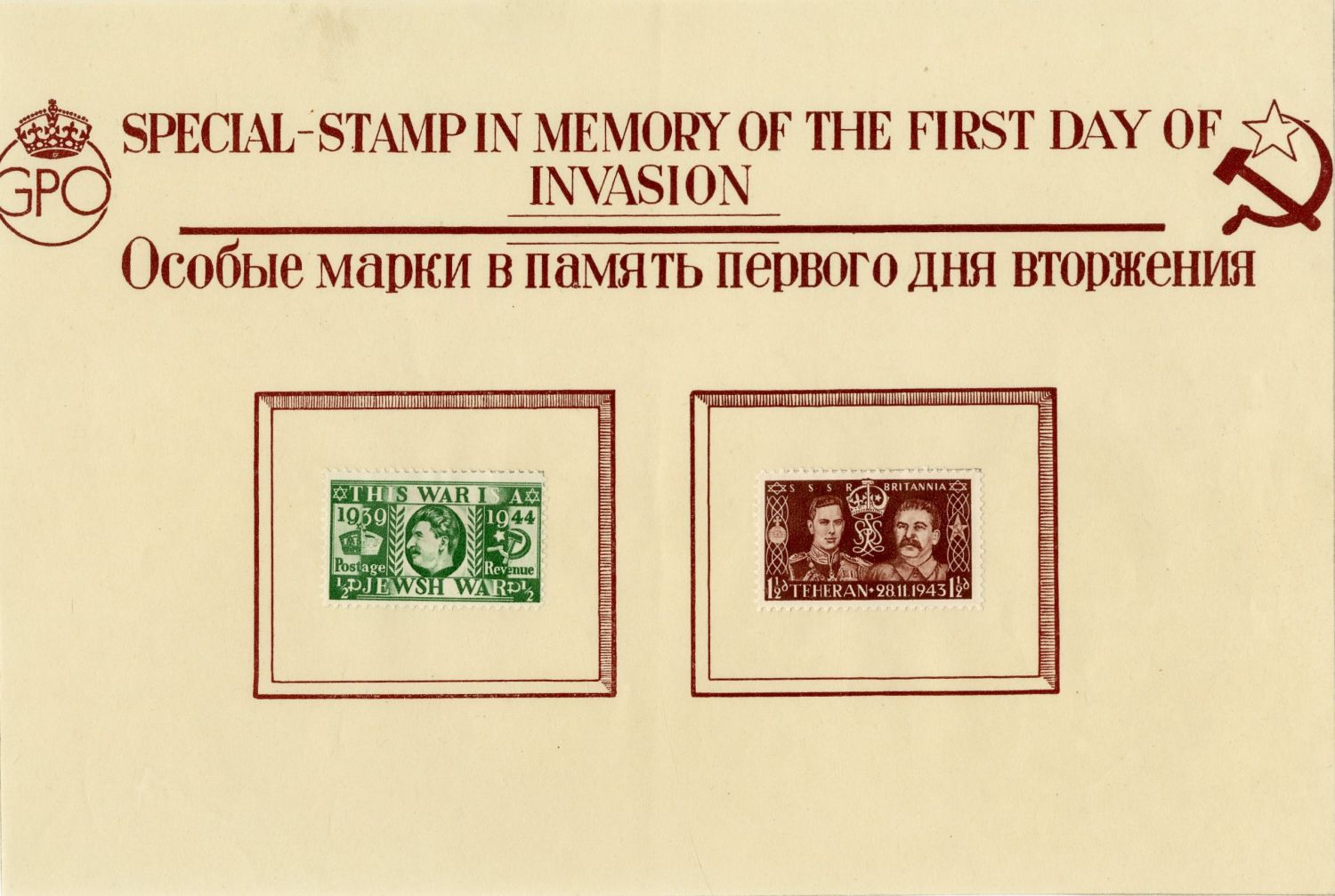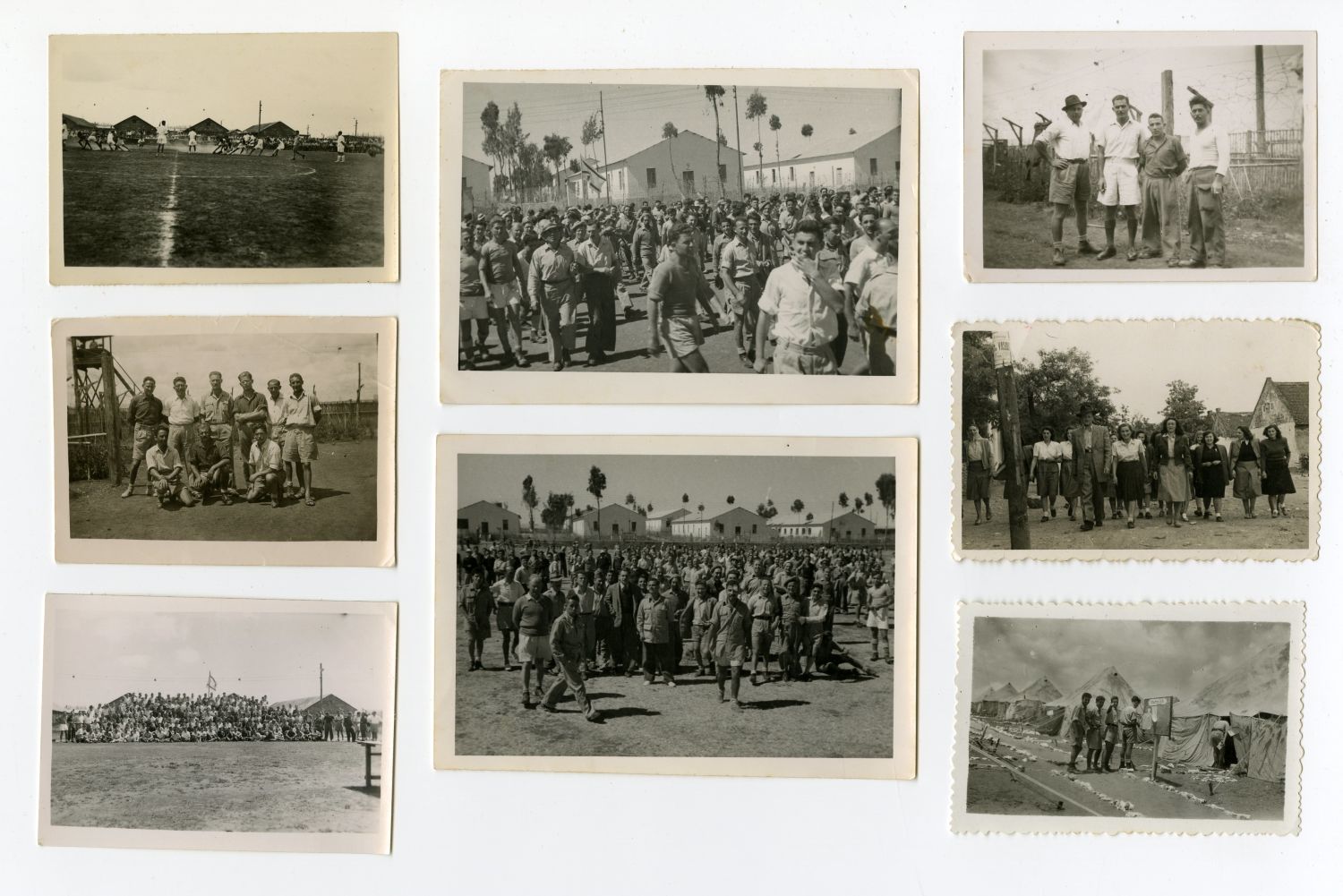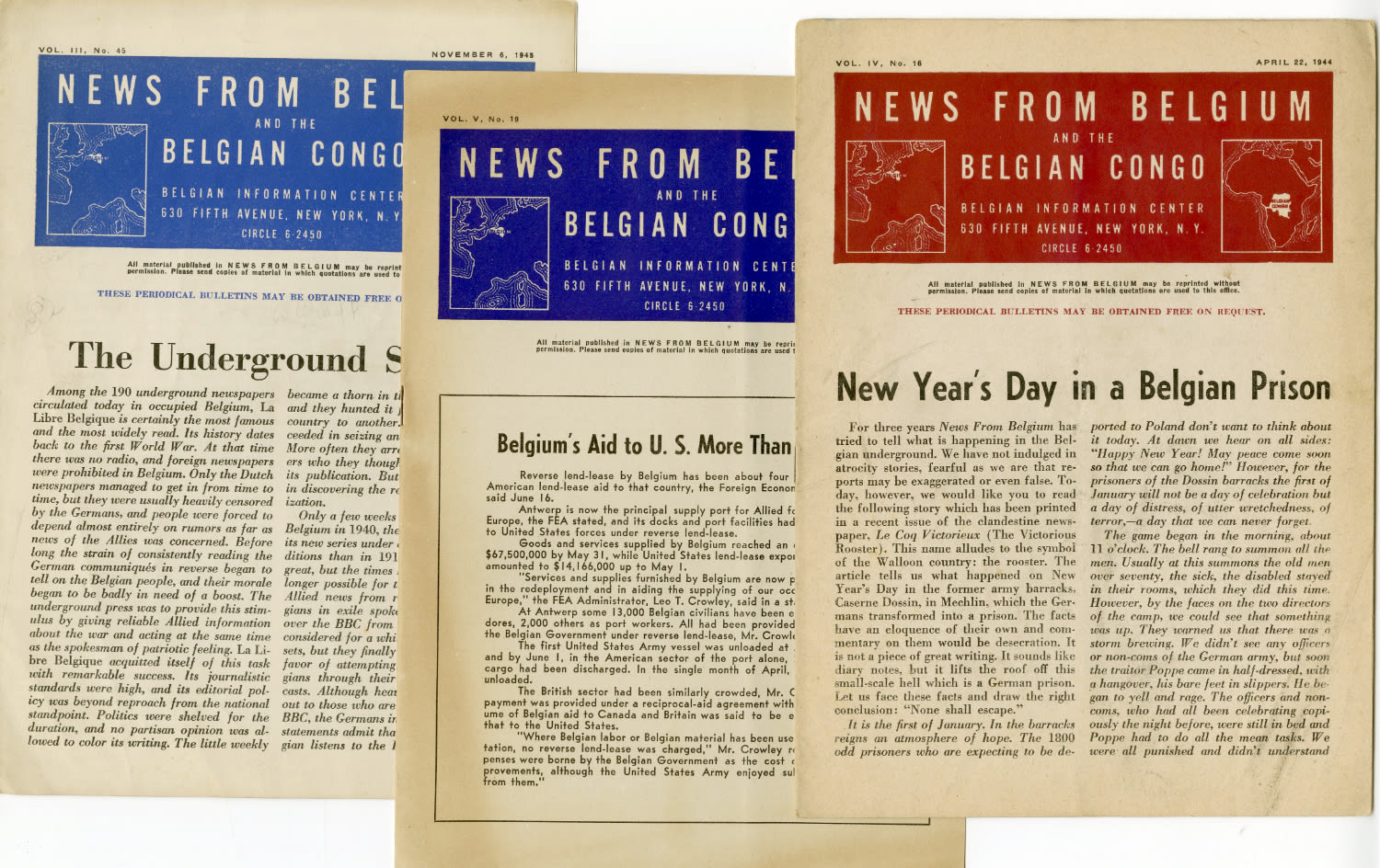TROIS BAGNES - Three Poles. by Prof. Charles Richet, Jacqueline Richet, and Oliver Richet, published by J. FERENCZI & FILS Paris, 1945 - First edition. Testimony of three prisoners from the death camps. A signed and dedicated copy by the author Prof. Charles Richet: "To my good friends who stood by me during the terrible times. From the bottom of my heart." French.
The story of three resistance fighters who were captured by the Gestapo and brought to a different camp: Buchenwald, Ravensbrück, and Dora. Accompanied by harsh photographs from the death camps.
Dr. Charles Richet, born in Paris (1882-1966), served as a professor at the Faculty of Medicine of Paris, an expert in nutrition. He was deported to Buchenwald in January 1944 and remained there until the end of the war in 1945, after which he joined the Red Cross to care for survivors. Because he was a doctor, the Nazis used his connections for their purposes in the camp. He was part of a medical "committee" that received orders from the Nazis. The instructions were usually subtle and aimed at "treatments" of certain prisoners. When the Nazis' goal was to kill the prisoner, the commission was ordered to 'vanish" him. When their goal was to make him disabled, the order was to "handle" and so on. Richet was obliged to follow Nazi orders, but on the other hand, due to his role, he managed to rescue several prisoners by various schemes. In one chapter, he recounts an instructive event in which he saved a prisoner from certain death: in April 1944, four prisoners were sentenced to death. One of them managed to hide and reach the tuberculosis department of the "small hospital" in the camp, where Richet served as an on-duty doctor along with three other doctors. Within minutes, the four plan how to "vanish" the inmate to certain death. They risk their lives for him, escaping him in the back compartment of a medicine truck that leaves the camp at night. In the morning, they show the Nazi commanders ashes they had collected from the crematorium, claiming that it was the ashes of the condemned person, and that he had already died on the operating table the day before and was burned in the crematorium. The prisoner managed to reach the destroyed lines, thus saving his life.
Richet witnessed firsthand the physical deterioration of the camp inmates, and he best describes it in his testimony. He describes how certain signs indicated the prisoner's imminent end, usually as a result of starvation: the high cheekbones began to protrude, the pupils of the eyes became large, if you saw hysterical crowding near the soup distribution hut you knew that the end of some of the crowds was near, and more. In his book, he documents horrific phenomena that occurred in the camp and were related to malnutrition - prisoners would quarrel with each other over the daily ration of food, each waiting for the "mistake" of someone else's inattention, in order to snatch his portion of bread. There have been cases where prisoners behaved in this manner even though they knew it could cost their lives. For the camp inmates, death was the preferred refuge. Richet also describes some cases worse than those of prisoners who killed their comrades to steal their slice of bread.
There were prisoners who in recent months spoke only about liberation from the camp, so much so that after the Red Cross entered the camp they were unable to realize that they were free, and repeatedly asked when the day of liberation would come. He defines this as a phenomenon of "automatic speech" from which prisoners suffered even after release.
One of the horrifying incidents he recounts: a group of 14-year-old boys identified one of the Kapos in the block as the man who murdered the parents of some of them. They beat him to death in a fury - "this group of children who barely passed the age of children playing in marbles killed the Kapo with their hands alone." In attempting to analyze these phenomena, Richet writes that one could easily distinguish between a prisoner who was beaten by his fellow prisoners in an attempt to snatch food or something from him, and a prisoner who was beaten by the Nazis. The latter's condition was extremely difficult than that of the first. He describes the days of liberation with excitement and elaboration. Richet spent long hours healing and assisting survivors. In the postwar years, he published important works on the specific side effects suffered by the survivors, and ways to cure them.
The second part of the book presents the testimonies of Oliver Richet and Jacqueline Richet, prisoners of the Ravensbrück and Dora camps. The two were "ordinary" prisoners in these camps and did not practice medicine. They were perceived as resistance fighters, and in their testimony they detail the difficult daily events in the camp until the moments of liberation. Jacqueline Richet describes in detail the suffering of the women in the Ravensbrück women's camp, and her testimony is considered one of the first testimonies taken and published from a prisoner who experienced the horrors of the camp firsthand. Oliver Richet was transported to Dora and stayed there from September 1944 to April 1945. His testimony is also considered one of the first written testimonies about the horrors of Dora. Oliver tells for the first time about hunger, cold, crowded blocks, beatings and murders, bullying, disease and dirt, what he calls "the madness of our bodies and souls".
211 [2] p. Wear and tear on the lower and upper part of the spine. Condition Good.















